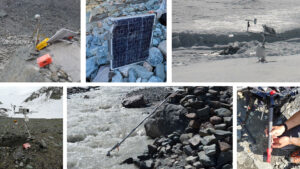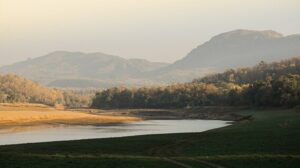Abstract/Description
Conservation efforts in Ecuador often coincide with the realities of rural and Indige- nous communities, whose livelihoods and traditions are deeply tied to the lands- capes they inhabit. As rightsholders of ancestral territories, these communities have invested their subsistence livelihoods in conserving, adapting, and mitigating local and bioregional biodiversity. To ensure these initiatives center on human-na- ture agency equity, effective kodesigned projects are vital; it is crucial to transition from viewing these communities as passive beneficiaries to recognizing them as ac- tive participants and leaders, as well as crediting their ko-authorship enfranchising them in the intellectual-economic activities. Enfranchising rural and Indigenous communities in the kodesign of conservation projects contributes to finding common ground and collective authority to advo- cate for land rights on emergent “commons” landmasses due to climate change. Critical Ecosystem Partnership Fund (CEPF) CEPF’s conservation projects have suc- ceeded in attracting “collaboration” between academia and Indigenous/rural com- munities. However, when it comes to knowledge authorship crediting, data sovereignty, FPIC lifecycle, and responsible benefit-sharing, communities are still considered objects of study rather than research ko-authors, authentic contribu- tors, and rightsholders to data. This workshop proposes to have a ‘blind entry’ of the BioKulture Design Framework to establish Guiding Principles for Responsible Re- lational Research Methodology in/with Mountain Local and Indigenous Communities that safeguard people-nature agencies from both Indigenous and rural custodians and, at the same time,


